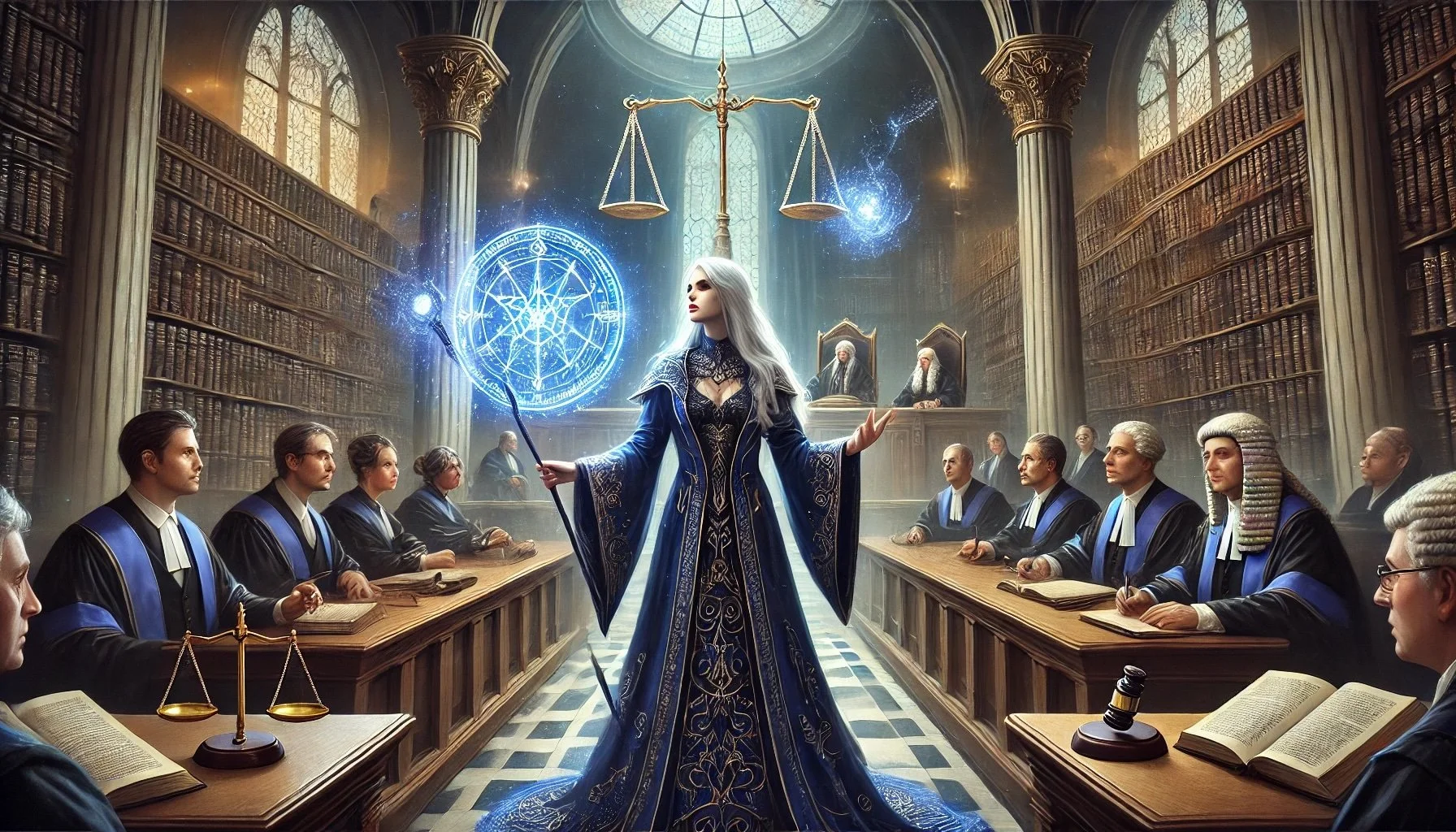Mastering the Art of Expert Witness Testimony: A Guide for Experts
It all begins with an idea.
Serving as an expert witness is a unique professional challenge, whether you are an engineer, economist, medical professional, or forensic accountant. Your testimony can play a crucial role in a case, but navigating the courtroom requires more than just technical expertise. At Expert Wizard, we believe that a well-prepared expert is the most effective one. Here’s a guide to help you succeed in this role.
The first and most important step in serving as an expert witness is preparing your report. Thoroughly reviewing all relevant documents, from case files to supporting evidence, ensures that your opinions are based on solid facts. Your conclusions should always be backed by verifiable data and established methodologies—never speculation. It’s also critical to present your findings in a clear, organized manner, as many attorneys, judges, and jurors won’t have the same technical background as you do.
Understanding your role in the legal process is just as essential as mastering your subject matter. An expert witness is not an advocate for one side or the other but rather an educator whose job is to help the court understand complex technical or financial matters. Maintaining objectivity enhances your credibility, and the best experts resist the temptation to stretch their opinions beyond the evidence. A well-prepared expert will also anticipate cross-examination. Opposing counsel will look for weaknesses in your testimony, so practicing with mock examinations can help you stay composed and confident under pressure.
One of the most common mistakes experts make is overstating their expertise. Always stay within the limits of your knowledge and credentials, and if a question falls outside your scope, acknowledge it honestly. Similarly, avoid using jargon without explanation. While technical language is second nature in your field, it may not be clear to the court. The best expert witnesses simplify complex concepts and ensure their testimony is understandable to a non-expert audience.
Professionalism in both demeanor and appearance is another key factor in being an effective expert witness. Dress appropriately for court and remain composed, even when faced with aggressive cross-examination. Any sign of frustration or hostility can undermine your credibility.
Ultimately, expert testimony is about clarity, integrity, and respect for the legal process. A well-prepared expert who remains objective and professional will always stand out. Beyond preparation, having the right platform to showcase your expertise is also essential. That’s where Expert Wizard comes in—connecting expert witnesses with attorneys who need specialized knowledge to support their cases.
Whether you are preparing for your first expert engagement or refining your testimony skills, these principles will help you build a strong reputation in the field. The best experts are those who can blend deep subject-matter expertise with the ability to communicate clearly and confidently in court. By focusing on preparation, objectivity, and professionalism, you’ll ensure that your testimony is both credible and compelling.
